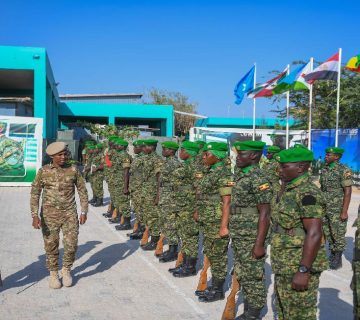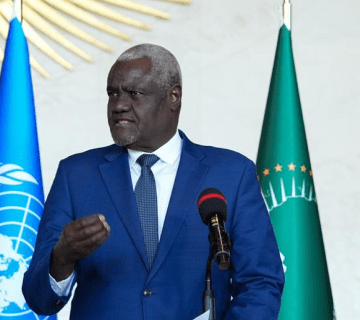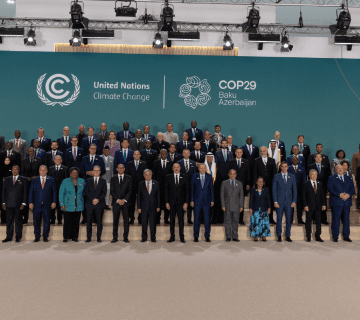The country is still battling the aftermath of the 2015 political crisis, following a failed coup on May 13, 2015. The coup was meant to pre-empt President Pierre Nkurunziza’s third term bid, later granted by electoral victory on July 21, 2015. About 600,000 people were displaced (over 37,000 have been repatriated from Tanzania) and over 400 killed in the violence and instability that followed, as the government waded through the political crisis with repression, back to power.
The following events have shaped the lay of land in Burundi today: the humanitarian situation which is still unstable; government-led purges in the military and political arena; the marshalling of rebel groups in opposition to President Nkurunziza’s government; the constitutional referendum on May 17, 2018 which consolidated power in the presidency and abolished the ethnic power distribution formula (Hutu – 60 per cent, Tutsi – 40 per cent) especially in the military and security agencies; and a détente between Burundi and Rwanda.
On September 25, 2018, the Burundian government, at the United Nations (UN) General Assembly, rejected the report of the United Nations Independent Investigation in Burundi, released on September 26, 2018. The report otherwise ascribed crimes against humanity to the government and its supporters through the political crisis. The state had earlier threatened to withdraw from the UN Human Rights Council on September 18 and even expelled UN Commission of Inquiry experts from Burundi. The country is on an aggressive path to defeat possible prosecution of high ranking government officials by the International Criminal Court, following the alleged crimes against humanity.
On another front, Burundi is embroiled in a political crisis with Rwanda over what it accuses its Northern neighbour, of supporting insurrection against its government. Burundi claims Rwandan authorities are recruiting, and providing military training and logistical support to some of the Burundian refugees who fled into the country during the 2015 crisis. One rebel group, the RED-Tabara for instance, originally operating in South Kivu, was identified by UN Group of Experts in July 2016 as having such links to Rwanda. Burundi has its border with Rwanda closed for close to three years now.
Finally, on October 24, 2018, the last round of East African Community-led mediation talks scheduled in Arusha between the government and the opposition, were boycotted by the government side. The talks, facilitated by the former Tanzanian president, Benjamin Mkapa and chaired by Ugandan president, Yoweri Museveni, are aimed at addressing the political and humanitarian situation in the country and the coming 2020 elections. However, the very basis for the talks being the current political situation, constitutional order and the next elections, is a fundamental challenge to the talks. The European Union, which extended sanctions on top government officials in Burundi, emphasizes the primacy of Arusha Agreement of 2005 which ended the two year civil war in Burundi. However, following the constitutional changes in May 2018, the Arusha Agreement is in fundamental ways altered and the new constitution is a fait accompli. Additionally, the government’s insistence of exclusion of some of the opposition groups in the talks on account of their alleged insurrection and 2020 as the only basis for talks, could derail progress further.
Aid cuts to Burundi by EU, US and other development partners will harm the humanitarian conditions in the country, and increased sanctions on Burundi officials might only present them with political power as their security and provoke more repudiation for human rights probe by the government. This scenario is likely to flow into the mediation talks with the government side trying to have its way and consequently derailing the talks.
However, lack of progress with the talks, the effect of constitutional changes (especially the ethnic power distribution formula in the military and security agencies, and centralization of power in the presidency), and international pressure on the government in Burundi might embolden armed resistance groups (politically and ethnically agitated) and keep the country in a long struggle and precarious stability. The role of Rwanda in such a scenario might further destabilize Burundi and thus, a Joint Cooperation Commission should be established to smoothen Burundi-Rwanda relations. The East African Community (EAC) mediation talks should be re-engineered from the background of constitutional and political realities in Burundi today, for meaningful progress. The larger international community, especially the EU needs to initiate confidence building measures to win the government’s side on the dialogue process, by for instance, lifting aid cuts.



